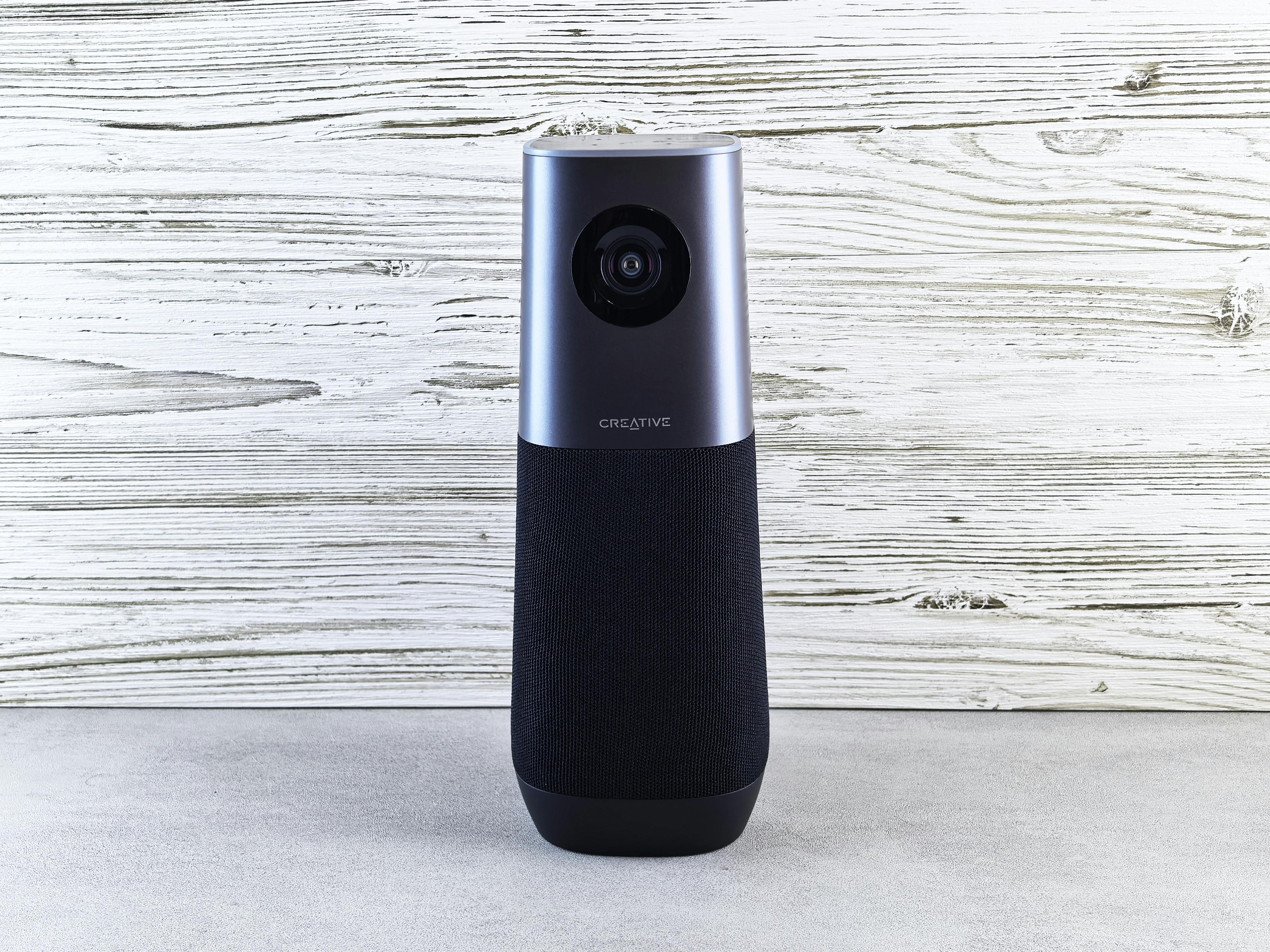
Trump vs. AI: Decoding the 'Woke' War and Copyright Conundrum
Alright, let's be real. The future is here, and it's wearing a digital trench coat labeled “AI.” And if you've been following the news, you know that former President Donald Trump has thrown his hat into the ring with his own take on this rapidly evolving landscape. He recently unveiled his AI Action Plan, and it's already sparking some serious debate. Forget tech jargon for a minute; we're going to break down what this all means, especially his comments about 'getting rid of woke' and his stance on copyright.
What's the Buzz? The All-In Summit and the AI Action Plan
The main event? A recent keynote speech at a summit hosted by the All-In Podcast. This isn't your typical policy wonk gathering; it's where Silicon Valley meets political commentary. Trump used this platform to lay out his vision for AI, and let's just say, it's not shy about its intentions. The core of it is his AI Action Plan, a document outlining his priorities and proposed actions should he return to the White House. This plan touches on everything from national security to economic competitiveness. But it's the rhetoric surrounding it – specifically the 'woke' comment and the copyright position – that's really grabbed everyone's attention.
'Getting Rid of Woke': What Does It Even Mean in the Context of AI?
This is where things get interesting. Trump's declaration about 'getting rid of woke' in AI is, well, open to interpretation. It's a phrase often used to criticize what's perceived as excessive political correctness or social justice initiatives. So, what does this look like in the realm of artificial intelligence?
Here's a breakdown of potential implications:
- Bias in Algorithms: AI models are trained on data. If that data reflects societal biases (and it often does), the AI will likely perpetuate those biases. Trump's comments could be seen as a desire to avoid AI systems that are explicitly designed to counteract these biases, potentially leading to AI that reinforces existing inequalities.
- Censorship Concerns: The term “woke” is sometimes used to criticize censorship or the suppression of certain viewpoints. In the context of AI, this could translate to a push for less regulation of AI-generated content, even if that content is considered offensive or harmful.
- Prioritizing 'American Values': This could lead to an emphasis on AI development that aligns with what's deemed “American values,” potentially at the expense of global perspectives or diverse viewpoints.
Example: Imagine an AI-powered hiring tool. If the training data reflects historical biases in the workforce (e.g., underrepresentation of women in tech), the AI could unfairly screen out qualified female candidates. A 'get rid of woke' approach might prioritize the speed and efficiency of the tool over addressing these biases, potentially leading to discriminatory outcomes.
Copyright Chaos: Trump's Stance on AI-Generated Content
Copyright is a massive issue in the AI world. As AI models become increasingly capable of creating original content (text, images, music, etc.), the question of who owns the copyright becomes crucial. Trump's remarks on this topic have been interpreted as potentially loosening restrictions on the use of copyrighted material in AI training or output. This could have significant ramifications for creators and intellectual property rights.
Here's a simplified look at the potential impact:
- Training Data: AI models are often trained on massive datasets scraped from the internet. If copyright laws are relaxed, it could become easier for AI developers to use copyrighted material without permission, potentially infringing on creators' rights.
- Output Content: If AI generates content that is deemed too similar to existing copyrighted works, the question of infringement becomes tricky. A relaxed copyright environment might make it harder for creators to protect their intellectual property.
- Economic Implications: Loosening copyright could benefit AI developers, but it could also harm artists, writers, and other creators who rely on copyright protection for their livelihood.
Anecdote: Think about a musician whose song is used to train an AI model that then produces a similar-sounding track. Under a more relaxed copyright regime, the musician might have limited recourse to prevent the AI from profiting off of their creative work. This could stifle creativity and innovation in the long run.
How to Navigate This AI Landscape
So, what does all this mean for you? Here's a quick guide to staying informed and making smart decisions:
- Stay Informed: Keep up with the news and policy debates surrounding AI. Follow reputable sources that offer balanced perspectives on the topic.
- Understand the Stakes: Recognize that AI policy decisions will have far-reaching consequences for everything from your job to the content you consume.
- Support Creators: If you value creative work, support the artists, writers, and musicians who are at the forefront of innovation. Consider purchasing their work directly or supporting platforms that prioritize creator rights.
- Be Critical: Don't blindly accept AI-generated content. Be aware of potential biases and the risk of misinformation.
- Engage in the Conversation: Share your thoughts and concerns with your elected officials and participate in online discussions about AI ethics and policy.
Conclusion: Actionable Takeaways
Trump's foray into the world of AI highlights the complex intersection of politics, technology, and culture. His comments on 'getting rid of woke' and copyright raise important questions about the future of AI and its impact on society.
The actionable takeaways are simple: stay informed, be critical, and advocate for a future of AI that is both innovative and ethically sound. The world of AI is evolving rapidly, and your voice matters. By understanding the key issues and engaging in the conversation, you can help shape the future of this transformative technology.
This post was published as part of my automated content series.

Comments